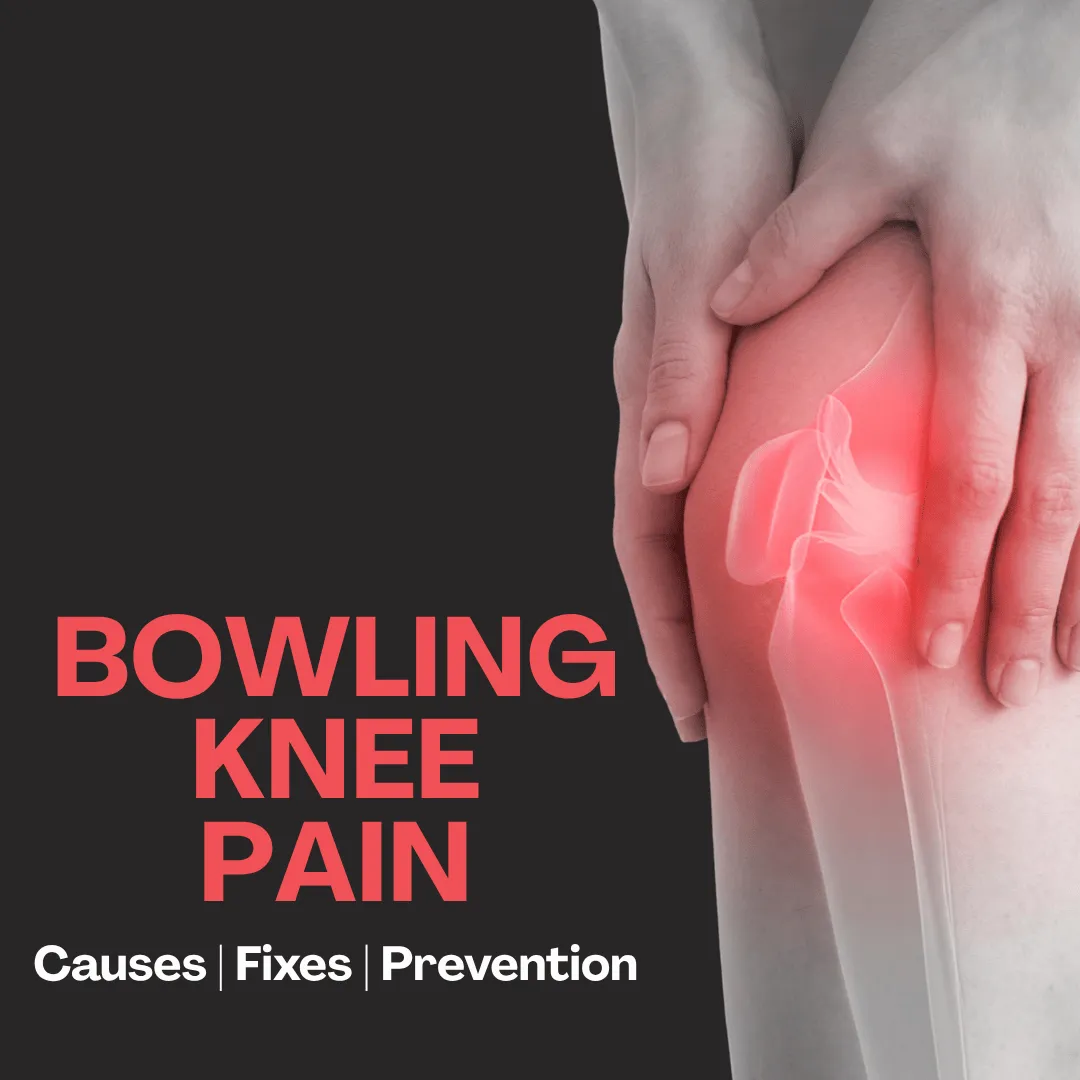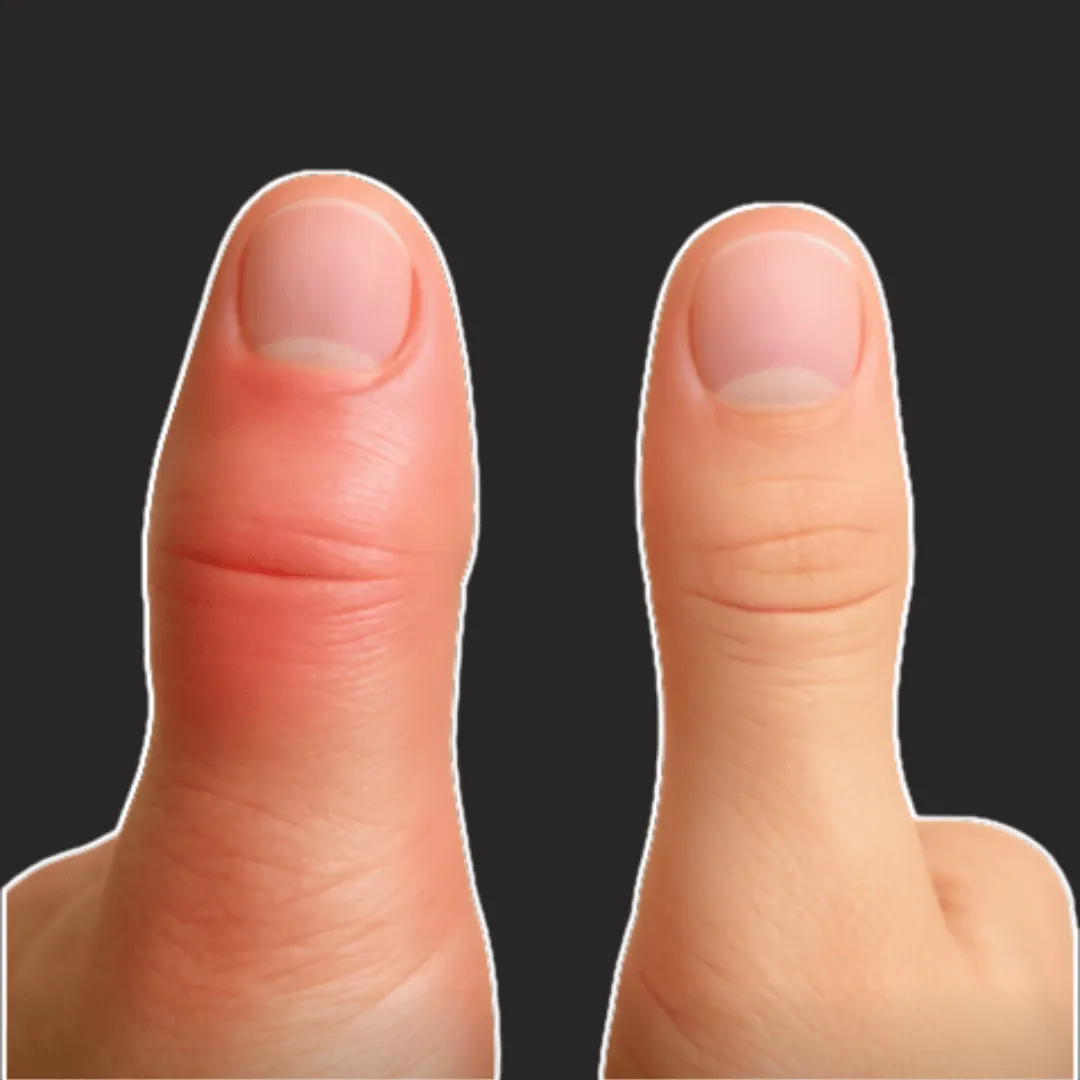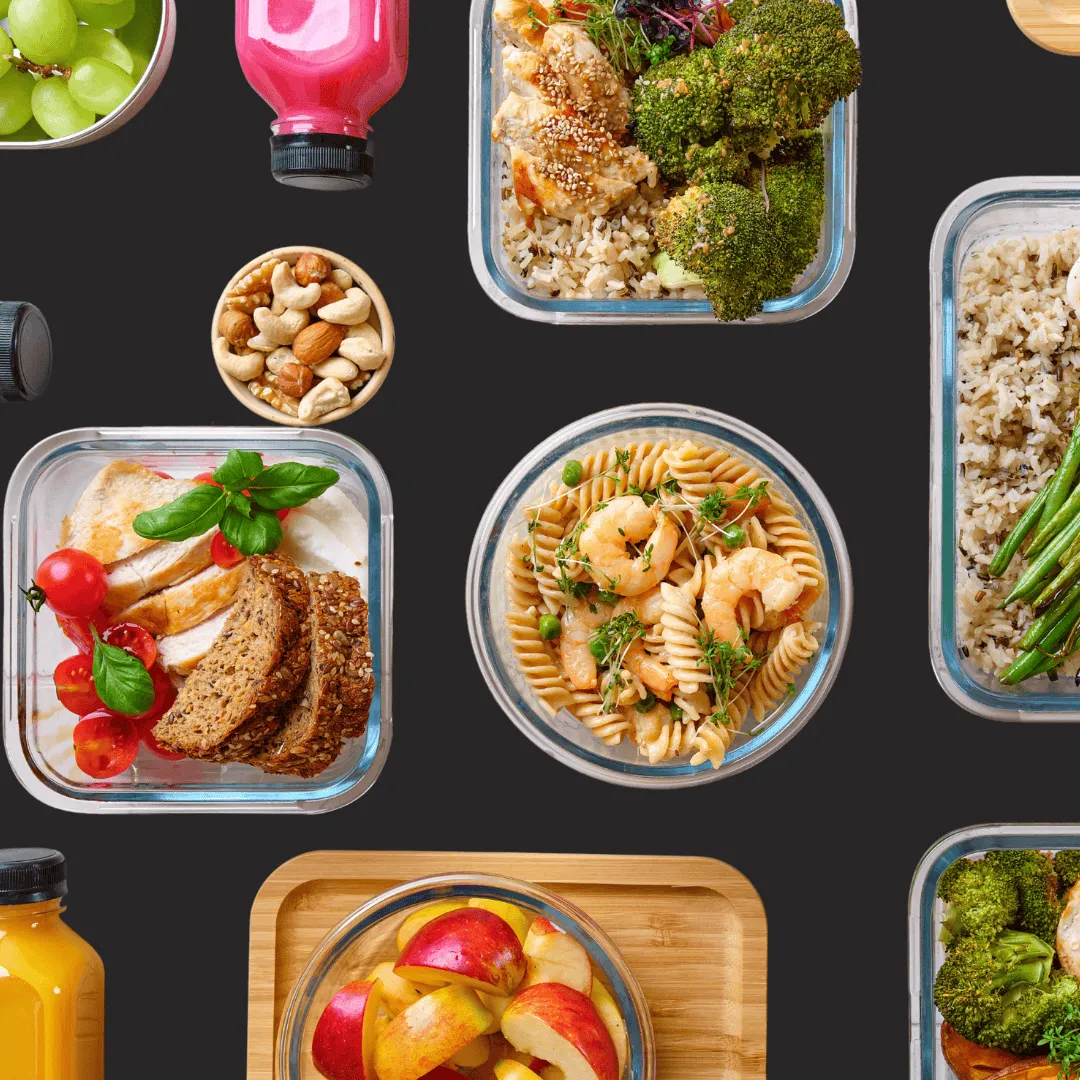Three-four practices a week, preparing for two-three monthly bowling tournaments, which last from sunrise to sundown. That is the daily life of a decent bowler. Torture us as long as you want, but we will never give up on the idea that bowling is an endurance sport.
Beer bellies in the bowling community seem to be coming to an end.
How nutrition affects athletic performance?
Everyone who wants to be on top of bowling sport must realize the importance of performance nutrition. For instance, take a look at the best bowling players. More and more bowling professionals have begun to pay great attention to their performance nutrition and weight management at home and during competitions. A well-balanced performance nutrition is necessary for good sports results in any sport, including bowling.
Unfortunately, the liaison between bowling and nutrition is very complicated. Think about what food you can get at the bowling alley. Pizza? Nachos? After a couple of hours on the lanes, your body demands whole foods, but all you can offer is fat and soft drinks with tons of sugar.
The average bowler consumes up to 6000 kcal daily to maintain everyday energy needs.
Although pizza with nachos is full of calories, they are not beneficial. Fat is absorbed and turned into energy slowly, making you feel heavy and sleepy. That gives your opponent an advantage - you don't want that.
We will not talk about food components in general here. Let's jump to the most important thing - how to balance nutrition on the day of the competition.
CARBS
Carbs are as crucial as a good bowling ball. Our nutrition on the day of the competition should be based on them.
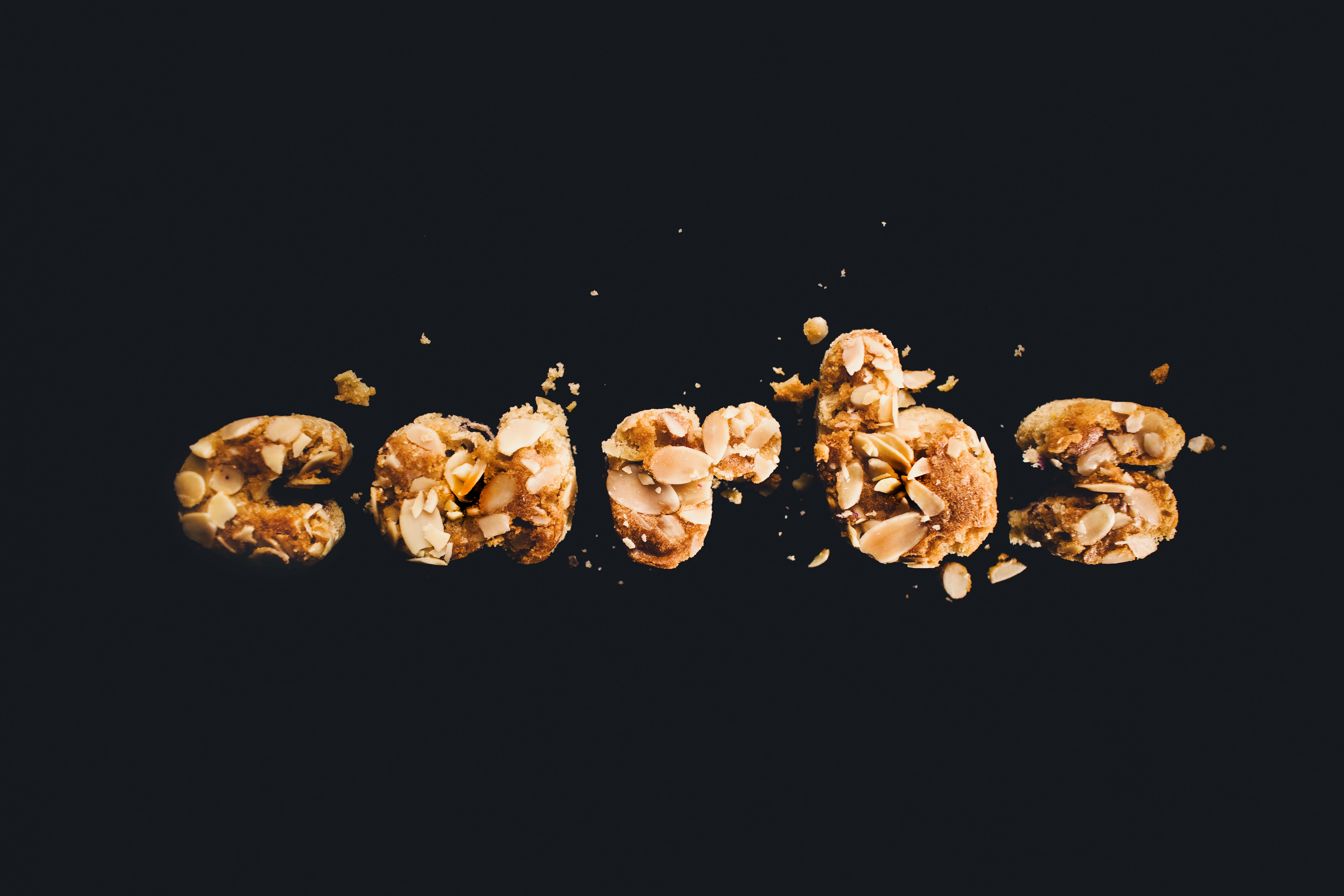
It is recommended that athletes consume about 6-10 g of carbohydrates per 1 kg of body weight, and carbohydrates in the diet should make up about 50% of the calorie norm on the day of the competition. Quite a lot, isn't it? However, if you divide them into adequate time intervals, you will not even feel how you have consumed them.
Start your competition day with several boiled eggs or whole grain porridge with fruit and nut butter for breakfast. It's a natural superfood for a long and tiring day. If you are one of those people who can't eat in the mornings - buy a blender. Use honey, fruit, or berries to add flavor to your cocktails. Even protein powder can do the work. Just DON'T skip breakfast!
During the competition, it is also essential to maintain the number of carbohydrates. Consume at least 40 g of carbohydrates every hour in liquid form (e.g., smoothies with oatmeal, fruits, and berries) - they are absorbed faster. However, suppose you feel better by chewing something. In that case, you can snack on oatmeal cookies, porridge, fruit, or various bars full of nutritional supplements. Just keep in mind that they are intended to supplement your diet, not replace food, so consume them in moderation.
PROTEIN
Protein is essential as a building material for the recovery of muscle cells. Still, in bowling, it is recommended to use them after training or competition, as well as with a longer gap between games, because their absorption takes longer.
Find time to eat more foods containing animal protein - red meat (e.g., beef), fish, and poultry, because these products are rich in all the amino acids.
Various salads with poultry or beef are suitable here (combine protein products with your favorite vegetables). If you don't eat meat, eat beans with rice during a break or after the competition.
FATS
Fats are a source of energy used mainly in less intense activities such as endurance exercise. Since the average person has accumulated about 70,000 kcal of fat, there is no need to consume a lot of them. However, it is still mandatory to get it with food since some vitamins are fat-soluble and can only be absorbed that way.
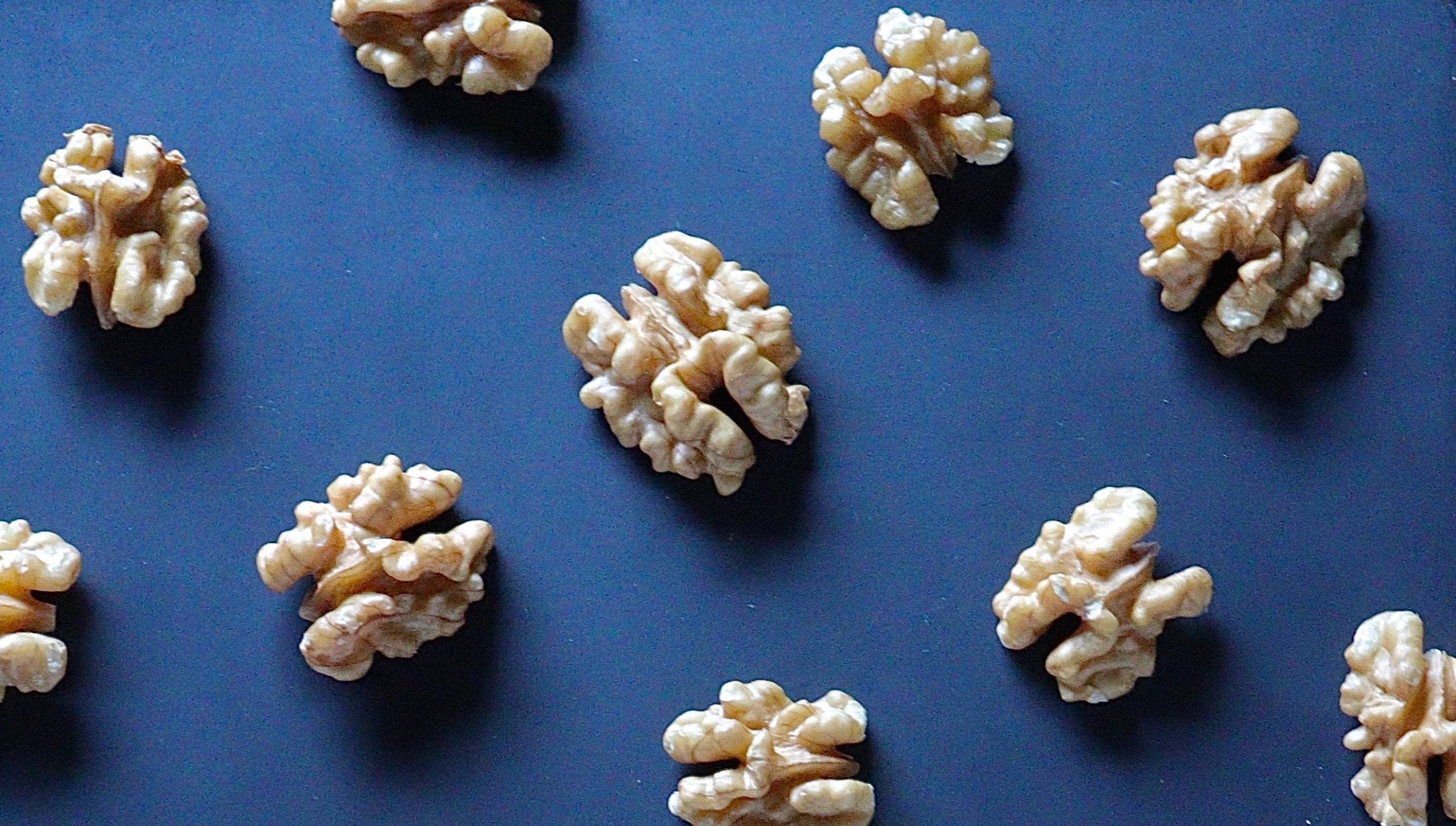
On the day of the competition, an athlete should consume about 100 g of fat with food, of which at least a third should be plant-based (you will obtain the rest from the food you eat during the day). Add a spoonful of linseed oil to your smoothie. If you like to snack, choose walnuts or almonds.
VITAMINS
In bowling, it is crucial to use such vitamins that promote the absorption of carbohydrates (B group vitamins, vitamins C and E). You must get 2-3 times more vitamins when exercising than an average person, so it is suggested to supplement the diet with vitamin complexes.
STAY HYDRATED

During sports, not only the water evaporates with sweat, but also essential substances for the body - potassium, sodium, chlorine, calcium, and magnesium. During the competition, it is recommended to consume at least 4-5 liters of fluids in a ratio of 2:1 (2 parts water and one part isotonic drink).
Nutrition is a significant part of the sport; the biggest bowling stars have already noticed this.
Beer bellies in the bowling community seem to be coming to an end. A nutritious and strategically planned diet helps to feel better, look healthier, and have an evenly distributed amount of energy throughout the competition. Also, it can help to enjoy bowling longer and avoid injuries. Try applying these recommendations to yourself during your next training or competition.
If you enjoyed reading this article, don't forget to check out how to create correct nutrition habits to increase your bowling performance.


